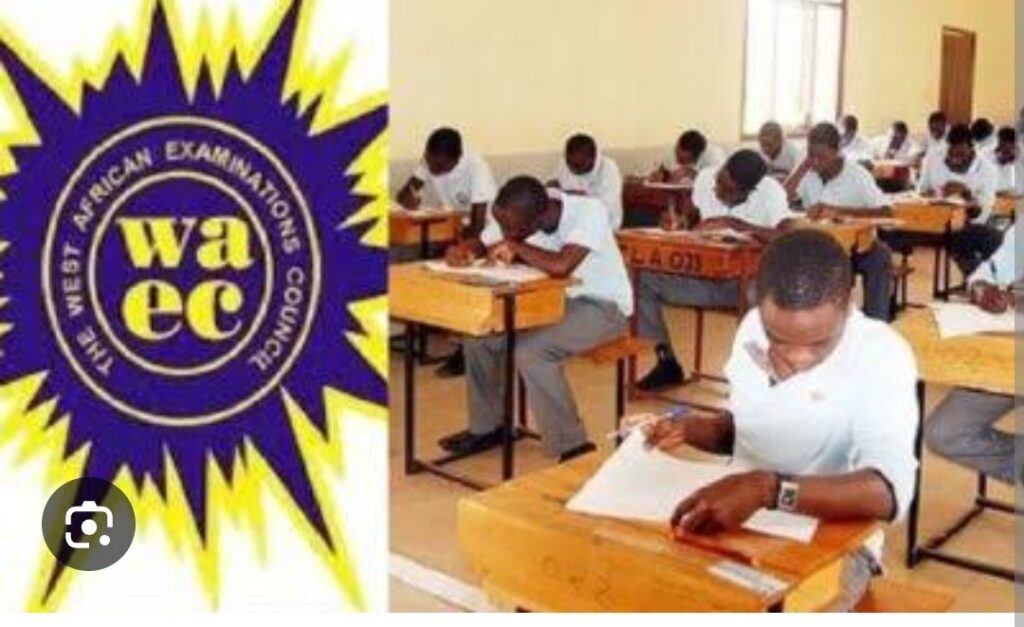Private school proprietors are voicing significant concerns over the federal government’s decision to impose an 18-year age limit for candidates of the West African Examination Council (WAEC) and National Examination Council (NECO).
This directive, announced recently, has been met with criticism from various educational stakeholders who fear it may hinder students’ academic progression and access to higher education.
Alaka Lukman, the President of the National Association of Proprietors of Private Schools (NAPPS) in Lagos, articulated these concerns during an interview with journalists on Tuesday.
“The policy of the government gives us room for concern. We believe that the government is only focusing on the maturity of the students,” stated Mr Lukman.
The new age restriction means that students under 18 years will no longer be eligible to sit for the West African Senior School Certificate Examination (WASSCE) and NECO. This change is perceived by many as a potential barrier for young, academically gifted students eager to advance their educational journey.
“Maturity does not come by age alone. This policy can prove detrimental to brilliant students that finish secondary before they clock 18 years. Will they have to wait two extra years before taking WAEC?” questioned Mr. Lukman, emphasizing the possible negative implications of the policy.
He urged the government to reconsider the directive, highlighting concerns about possible disparities in educational outcomes.
“The development can also lead to potential disparities in students’ educational outcomes, as not all students may have the same opportunities or resources to continue their education until they reach the age of 18,” he added.
Mr. Lukman also raised concerns about the mental health impact on students and the financial strain on families. “Our government should consider the mental health of our students; some are presently facing the pressure of how to quickly go through secondary school because of the financial position of their parents,” he stated.
As a potential solution, the NAPPS president suggested that the government should focus on setting age limits for university entry rather than secondary school examinations. He warned that the policy might lead to teenagers with idle hands roaming the streets, which could be detrimental unless alternative engagements are provided for these youths.
The ongoing debate highlights the complexities of educational policy-making and the need for balanced approaches that consider both educational maturity and the varying circumstances of Nigerian students.
